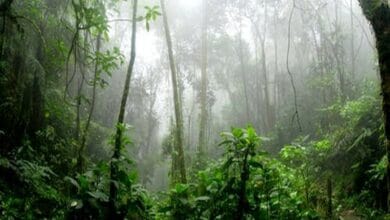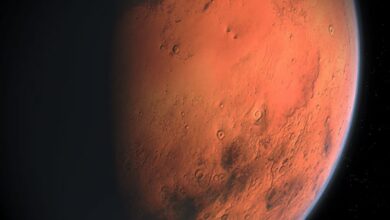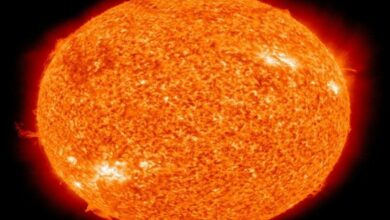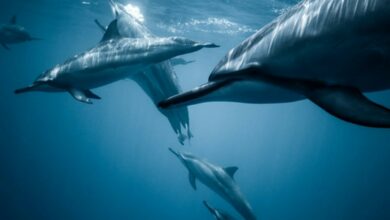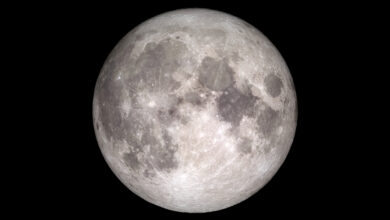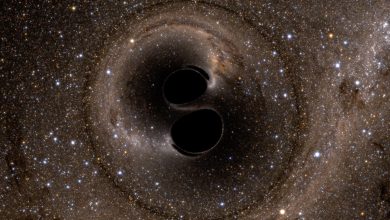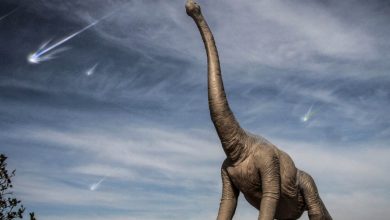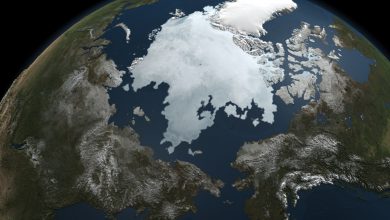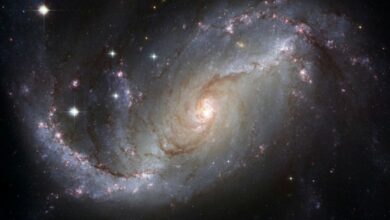Science
-
NASA’s Perseverance grabs 7th rock sample on Mars
Washington: NASA’s Perseverance rover has grabbed one more sample from Mars, taking the total number of collection to seven. Perseverance drilled the seventh sample from the floor of the Red Planet’s Jezero…
-
Amazon rainforest is losing resilience, reveals new research
Telegrafenberg: A data analysis from high-resolution satellite images have suggested that the Amazon rainforest is likely losing resilience due to stress from a combination of logging and burning. The study also suggested…
-
Curiosity rover images tiny ‘mineral flower’ on Mars
Washington: NASA’s curiosity rover recently snapped a close-up image of a tiny, flower-like mineral deposit on the surface of Mars. The one centimetre wide, beautiful branching rock that looks a bit like…
-
Indian-origin expert helming first 4G network on Moon for NASA
New Delhi: Indian-origin Nishant Batra working as Chief Strategy and Technology Officer (CSTO) at smartphone maker Nokia is helping NASA to build the first ever cellular network on the Moon. Batra joined…
-
Study reveals that solar coronal loops may be optical illusions
Boulder: Coronal loops are the ropey strands of plasma that scientists have long thought existed in the Sun’s atmosphere. According to a new study, many coronal loops may actually be optical illusions.…
-
New species of stegosaur is oldest discovered, reveals stud
England: According to a research, a new species of one of the most recognisable types of dinosaurs is the oldest stegosaur ever found in Asia. It is one of the earliest unearthed…
-
Study finds corals can be ‘trained’ to tolerate heat stress
Florida: There is as much life underwater as much as there is above the water. One of the most fascinating marine creatures is undoubtedly, corals. Corals are invertebrate animals belonging to a…
-
Study finds small water samples can find really big animals
Washington: A team of scientists used an emerging genetic tool that analyses DNA in water samples to detect big animals like whales and dolphins in New York waters. Called environmental DNA or…
-
NASA’s 1st crewed Artemis moon mission delayed to 2026
Washington: NASA’s first crewed Artemis mission will see launch no earlier than 2026, the agency has said. The announcement comes after the NASA notified of delays on Artemis 1’s uncrewed flight around…
-
Astronomers discover black hole spins on its side
Berlin: Astronomers make astonishing discoveries every now and then. One of the most fascinating subjects for any astronomer is without a doubt, the black hole. A recent discovery by a team of…
-
Study examines last day of dinosaurs
Uppsala: Dinosaurs have been extinct for over 65 million years and yet, questions still surround as to how massive creatures like them became extinct to such an extent that not even a…
-
Researchers explore plants under anaesthesia
Wurzburg: A recent study has explored the effect of anaesthesia on plants. The study was published in the journal ‘Scientific Reports’. Medicine has a broad repertoire of anaesthetics at its medication allows…
-
4.4 million galaxies revealed by scientists in new study
Durham: It is not an unknown fact that our universe has millions of galaxies, of which, we live in one: the Milky Way galaxy. But is it possible to find out how…
-
Earth’s coldest forests are shifting northward with climate change: Study
Washington: According to a new study, rising temperatures are causing Earth’s coldest forests shifting northward which is raising concerns about biodiversity. It can risk wildfires and ascend the impacts of climate change…
-
Astronomers map mysterious element in space, reveals study
Lund: A research team has provided an important clue to the origin of the element Ytterbium in the Milky Way by showing that the element largely originates from supernova explosions. The groundbreaking…


